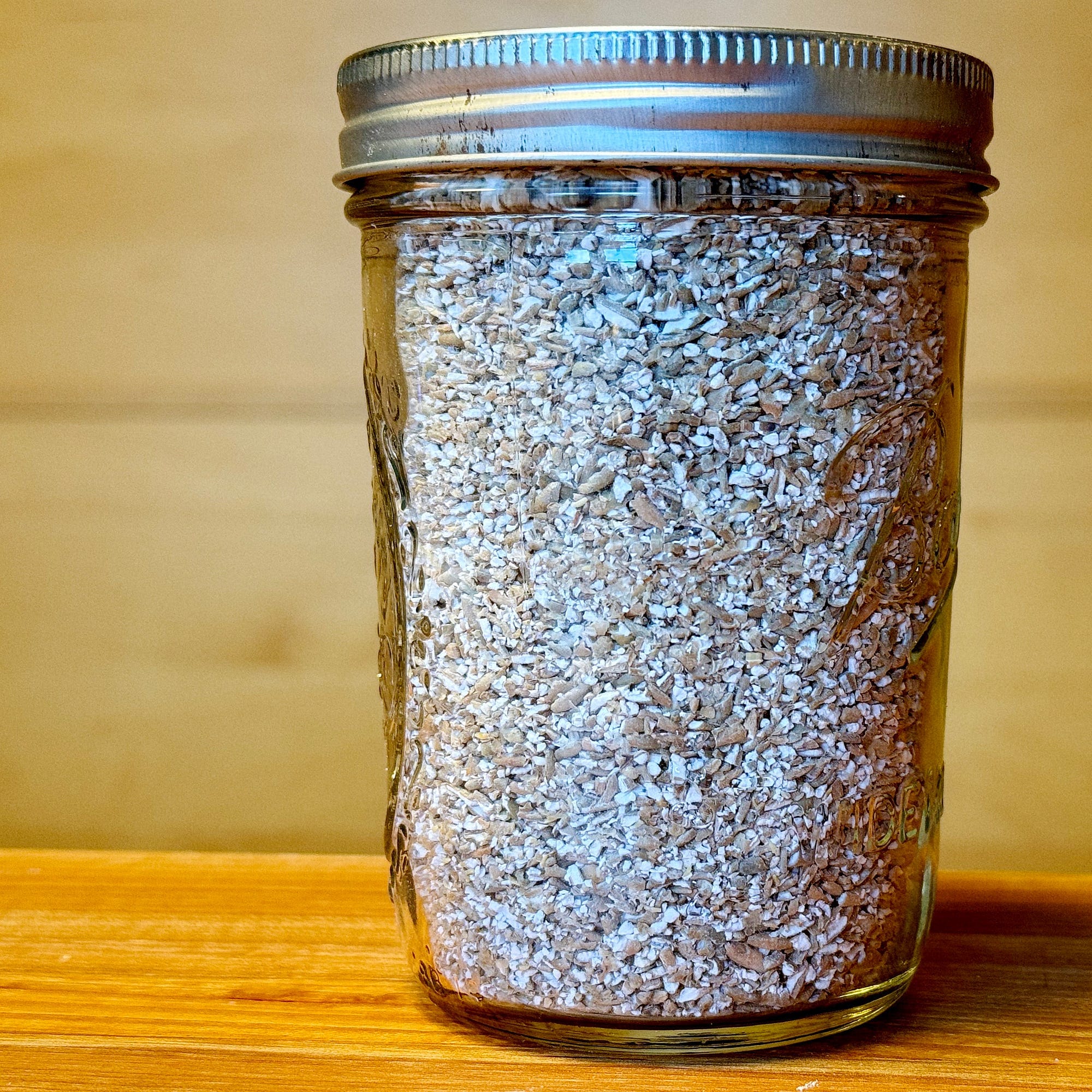Monday Mix 10/9/23

Happy Mondays, all. I hope that some of you are enjoying a long weekend today. Here at Wordloaf HQ I have no long weekends, or any weekends at all, really, what for all the never-ending projects I have underway, but I’m not complaining because I get to bake bread for fun and profit every day.
Lately I have been focused on sourdough 100%-rye breads, something I have done only in limited ways before now. It’s a fun rabbit hole to dive down into, though it’s such a huge one that I’m finding myself a little overwhelmed. As my friend Tara reminded me, rye sourdoughs are actually quite easy to pull off successfully, even if the subject itself is more complicated on paper than in practice. She’s right about that, even my first few experiments have been simple to do and excellent. I don’t plan to have too many whole rye formulas in Breaducation, but I want to include enough to give readers a taste for the practice, and a solid base for further exploration.
One issue with rye baking is the confusion that exists around types of rye flour that are easily accessible to home bakers. Terminology around rye flours is somewhat nebulous, particularly when it comes to labeling—”light,” “medium,” and “pumpernickel” rye flours can mean very different things from brand to brand, which can make recipe-writing complicated. Fortunately, more and more millers are selling “whole rye” flour nowadays, and I’m likely going to call for that flour only, to avoid any confusion. I’m milling my own in my Mockmill, but the store-bought stuff is an equally good option. Having a mill of your own is useful for making rye berries into the sorts of products that are difficult to source, like rye chops (aka “cracked rye,” pictured above), and rye meal, a coarse rye flour.
I’m curious to know what sorts of rye flours you all can find easily. Let me know in the comments below, and while you are at it, let’s share our favorite whole- or mostly-rye recipes too.
—Andrew





Member discussion